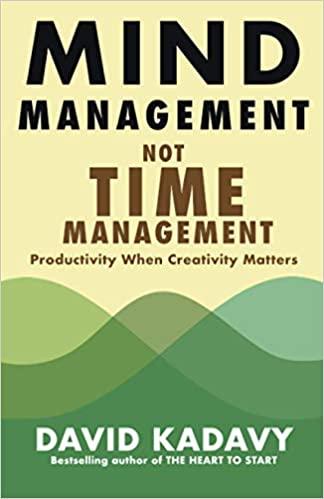Answered step by step
Verified Expert Solution
Question
1 Approved Answer
Analytics Exercise 6 - 2 ( Algo ) Toshiba s Notebook Computer Assembly Line Toshihiro Nakamura, manufacturing engineering section manager, is examining the prototype assembly
Analytics Exercise Algo
Toshibas Notebook Computer Assembly Line
Toshihiro Nakamura, manufacturing engineering section manager, is examining the prototype assembly process sheet shown in Exhibit for the newest subnotebook computer model. With every new model introduced, management felt that the assembly line had to increase productivity and lower costs, usually resulting in changes to the assembly process. When a new model is designed, considerable attention is directed toward reducing the number of components and simplifying parts production and assembly requirements. This new computer was a marvel of hightech, lowcost innovation and should give Toshiba an advantage during the upcoming fallwinter selling season.
Production of the subnotebook is scheduled to begin in days. Initial production for the new model is to be units per day, increasing to units per day the following week management thought that eventually production would reach units per day Assembly lines at the plant normally are staffed by operators who work at a meterlong assembly line. The line is organized in a straight line with workers shoulder to shoulder on one side. The line can accommodate up to operators if there is a need. The line normally operates for hours a day employees work from : AM to : PM and regular hours include one hour of unpaid lunch and minutes of scheduled breaks It is possible to run one, two, or three hours of overtime, but employees need at least three days notice for planning purposes.
The Assembly Line
At the head of the assembly line, a computer displays the daily production schedule, consisting of a list of model types and corresponding lot sizes scheduled to be assembled on the line. The models are simple variations of hard disk size, memory, and battery power. A typical production schedule includes seven or eight model types in lot sizes varying from to units. The models are assembled sequentially: All the units of the first model are assembled, followed by all the units of the second, and so on This computer screen also indicates how far along the assembly line is in completing its daily schedule, which serves as a guide for the material handlers who supply parts to the assembly lines.
Exhibit : Notebook Computer Assembly Process SheetWorkstation The first operator lays out the major components of a computer between two white lines on the conveyor. The operator
then prepares the cover for accepting the LCD screen by Installing fasteners and securing a cable.
Workstation : The second operator performs two different tasks. First, the LCD screen is Installed In the cover. This task needs to be
done after the cover is assembled task A second independent task done by the operator is the preparation of the base so that the
Main Printed Circult Board MPCB can be Installed.
Workstation : Here the MPCB is installed in the base. After this is done, the Central Processing Unit CPU and backup battenes are
installed and tested.
Workstation : The Accupoint Pointing Device touchpad and wrist rest are installed, the speaker and microphone is Installed, and the
Auxilary Printed Circult Board APCB is installed. These are all Independent tasks that can be done after the MPCB is Installed.
Workstation : Here, tasks are performed in a sequence. First, the keyboard is installed, followed by the SolidState Drive SSD The
battery pack is then Installed, followed by the memory card. The computer is then powered up and a program started that loads
software that can be used to test the computer. Actually loading the software takes seconds, and this is done while the computer
travels through positions and on the assembly line. Computers that do not work are sent to a rework are Only about percent of the computers fall to start, and these are usually quickly repalred by the supporter.
Workstation : The video display and keyboard are tested in this workstavon.
After assembly, the computers are moved to a separate burnin area that is separate from the assembly line. Here computers are put In
racks for a hour, "burnIn of the clrcult components. After burnIn the computer is tested again, software is installed, and the
racks for a hour, "bumin of the clrcult components. After burnIn the computer is tested again, software is installed, finished notebook computer is packaged and placed on pallets for shlpment to Toshlba distribution centers around the world.
Tweaking the Initial AssemblyLine Design
From past experlence, Toshihiro has found that the Inltyal assemblyline design supplied by the engineers often needs to be tweaked.
Consider the following questions that Toshihiro is considering:
When the assembly line designed by the engineers is running at maximum capacity. what is the efficlency of t

Step by Step Solution
There are 3 Steps involved in it
Step: 1

Get Instant Access to Expert-Tailored Solutions
See step-by-step solutions with expert insights and AI powered tools for academic success
Step: 2

Step: 3

Ace Your Homework with AI
Get the answers you need in no time with our AI-driven, step-by-step assistance
Get Started


